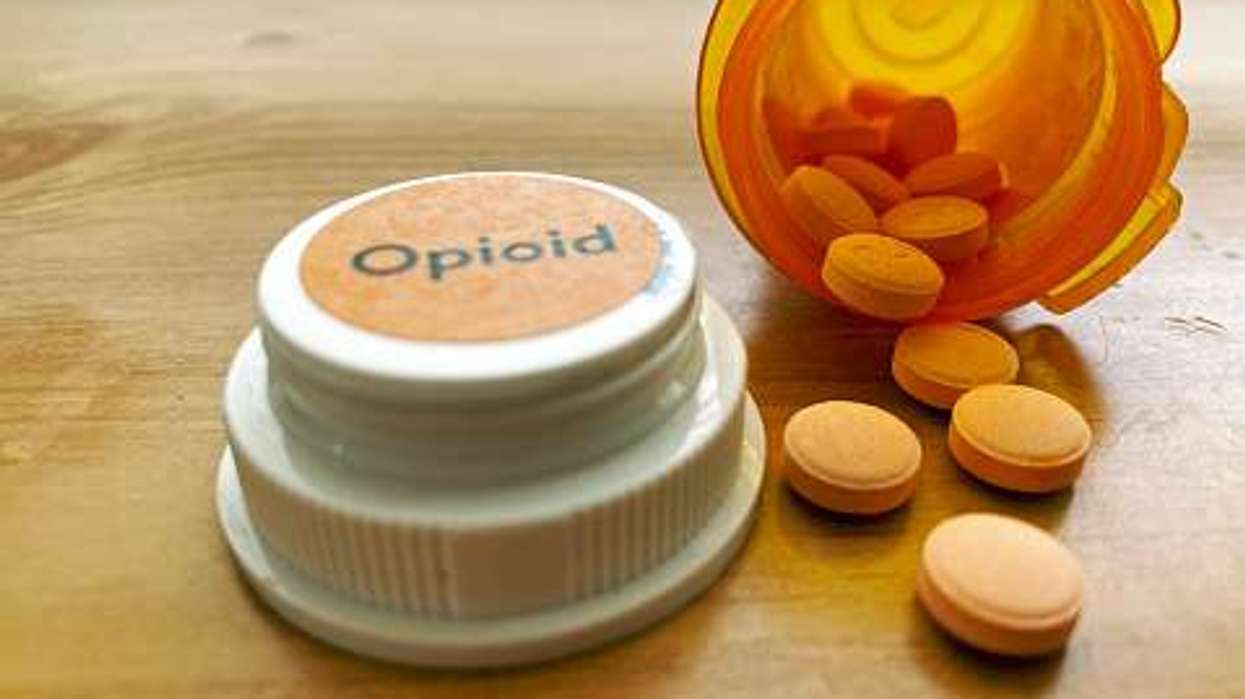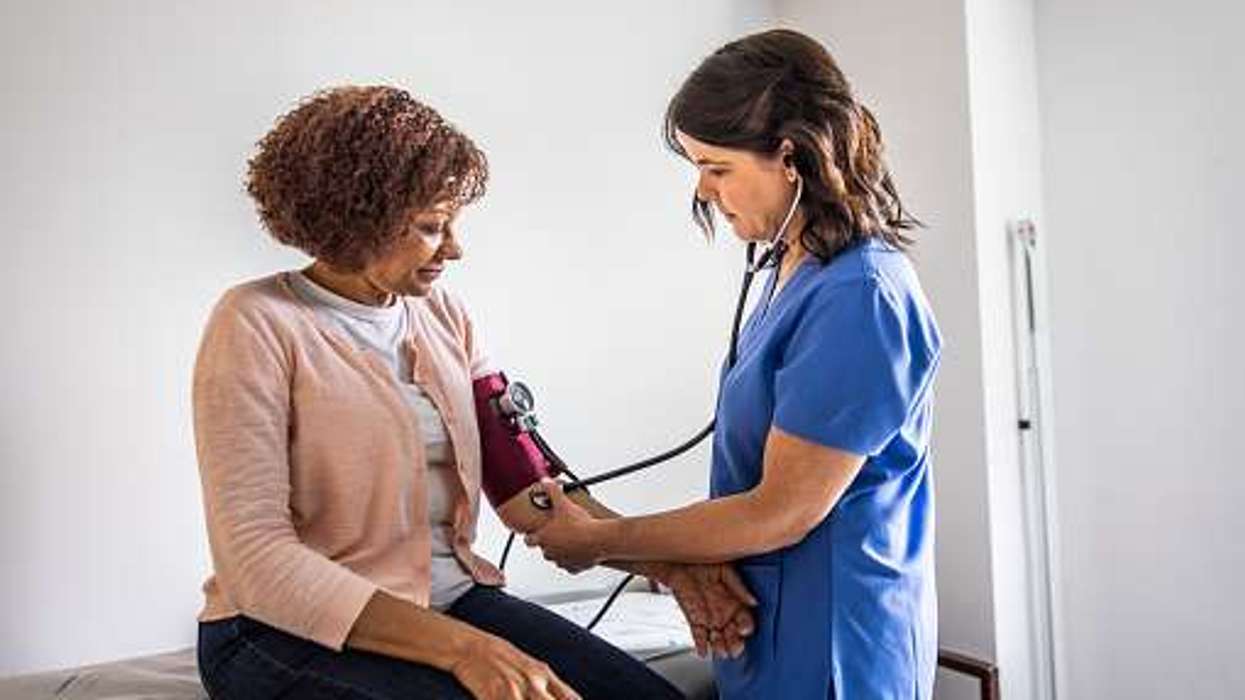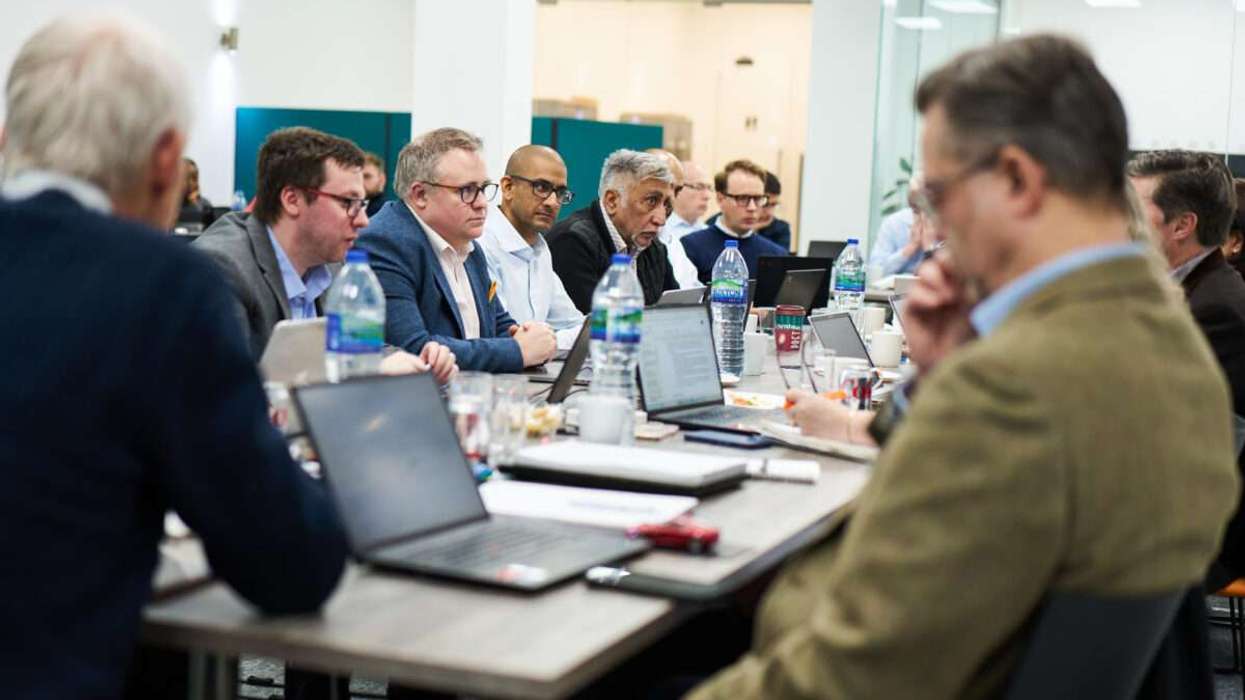The British Generic Medicines Association (BGMA) has called for exemption from the Voluntary Scheme for Branded Medicines Pricing and Access (VPAS), an agreement between the UK Government, NHS England, and the pharmaceutical industry for branded generics and biosimilars.
“Due to the rising rate of VPAS on top of existing competition, manufacturers are finding the additional levy economically unviable given their already low prices,” the association said.
According to research by the Office of Health Economics OHE and Professor Alistair McGuire (LSE) the rising rate of VPAS will force manufacturers pull out of the market which may lead to prices rise due to a lack of competition and critical savings to the NHS will be lost.
The new study stated that Government levy on medicines designed to increase access to new treatments and promote affordability could actually be denying the NHS billions of pounds of annual savings due to the impact it is having on branded generics and biosimilars.
OHE’s forecast analysis for next five-year VPAS- period between 2024 and 2028 showed that at a VPAS rebate rate of 5%, the NHS will lose out on £3.071bn of branded generics and biosimilars savings between 2024 and 2028, compared to exempting branded generics and biosimilars from the VPAS levy. This includes offsetting the losses to the NHS with the income the Government receives from the VPAS levy being applied to branded generics and biosimilars.
Mark Samuels, Chief Executive of the BGMA said: “Generics and biosimilars represent 4 out of 5 medicines used by the NHS. They provide crucial competition when an originator product patent expires, and this saves the NHS approximately £15billion annually and means the UK has the lowest medicine prices in Europe.
“However, this is being put in jeopardy by this penalising rebate, which is effectively an additional tax on branded generic medicines. We have argued for a long time that branded generic and biosimilar medicines should be exempt as it is in effect a double taxation on products already delivering massive savings via competition.
“This study shows the very harmful effect on the market from VPAS and ultimately it will be the NHS and patients which are most impacted.”
VPAS
VPAS was introduced in 2019 to strike a balance between supporting innovation and patient access as well as ensuring complete predictability on spend for the entire branded medicines bill for the NHS. As a result of VPAS, the branded medicines bill cannot grow by more than 2% in any of the five years of its existence.
If the total spent on branded medicines exceeds the 2% cap, a rebate is charged to all manufacturers on the sales of their branded medicines to the NHS. This varies depending on the size of the overspend and includes the manufacturers of branded generics and biosimilars despite them already having their prices constrained by competition.
However, analysis showed that rather than controlling costs for the NHS, the scheme could be set to cost billions of pounds in forfeited savings every year.
The repayment percentage for each year of VPAS depends on the difference between the allowed growth of 2% and forecast growth in sales to the NHS of the branded medicines. In 2019, the first calendar year of VPAS, the repayment percentage was 9.6%, in line with the anticipated increase in spending on branded medicines, and in total pharmaceutical companies repaid DHSC just under £850 million.
However, the rate was most recently raised from 5.1% to 15% in January to recognise the exceptional levels of spend on medicines during the pandemic. Next year it is expected to rise to 23.7% and could reach as high as 30% before the current agreement renews. The scale of the levy is exacerbated by manufacturers of new blockbuster patented medicines being exempted for three years, the costs of which other VPAS member companies have to bear.
The association said: "Manufacturers can seek to raise their prices in response to the VPAS rate, but if they want to go beyond their submitted NHS list price or the hospital tender price, they must enter negotiations which requires the sharing of commercial pricing information."
"In many instances these applications are unsuccessful and very time-consuming which is an off-putting factor for a company that markets tens or even hundreds of presentations."
Mark Samuels, added: “I have heard from companies directly that they are having to withdraw products as the operating environment is simply unfeasible. The VPAS payment was one of the factors connected to the recent shortage of HRT products. One company in particular is considering closing its UK operations completely as a result of the VPAS scheme. The rocketing levy also comes at a time when medicines production, transportation and distribution costs are also increasing.
“The system is just not sustainable. It is high time the Government reviewed their approach to make it fairer and encourage more competition, which has been independently shown to be most effective at regulating the prices of medicines paid by the NHS.”
The study also examined the rebate rise across various scenarios for biosimilar products. Although a reduction in competition was much less in relation to rebate rises, it was evident that new product launches would be greatly reduced as a result meaning again potential savings to the NHS would disappear.











